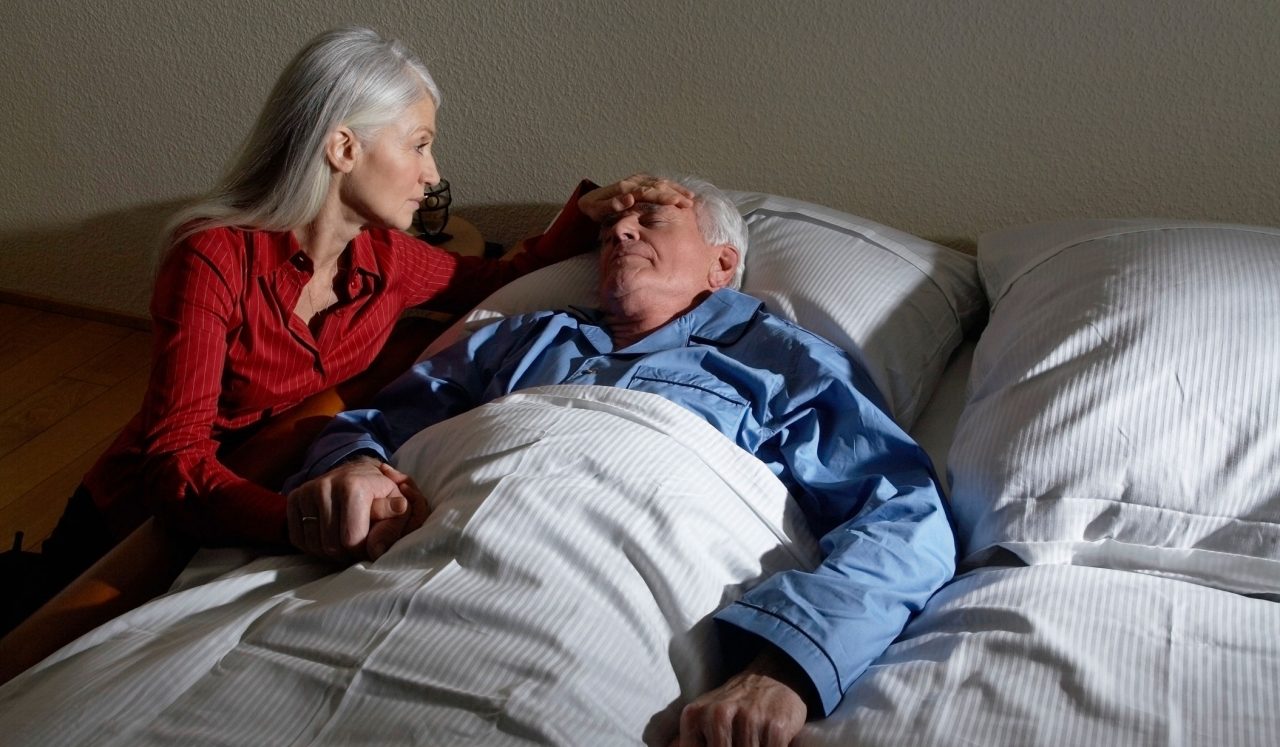Common Myths about Dying

Loved ones make it harder on themselves through incorrect beliefs. Here are some common myths about death and dying and information about what's really true.
Having a loved one die is difficult enough without holding onto the myths that surround your loss.
You haven’t failed your loved one
One extremely common belief is that you’ve failed your loved one if you’re not there when that person dies. The timing of death is a mystery. Some people seem to hang on until you’re there, others wait until they’re alone.
YOU MIGHT ALSO LIKE: Your Decisions on Medical Care at the End of Life
You can’t prevent your loved one’s death
Another common myth is that you must do everything you can do to prevent death, such as exhausting every available technique or technology to keep them alive. If you don’t, you haven’t failed your loved one.
Even with all the advanced treatments and techniques available for some terminal conditions, treatments are designed to either improve quality of life or delay death, prolonging life rather than preventing it. Some advanced treatments simply might not by right for a dying person.
If you’re dealing with a dying loved one, do you believe they have to keep eating and drinking or they’ll die of dehydration or starvation? Everyone is different. They don’t die because they aren’t eating or don’t eat because they’re dying.
The place of death should not be absolute
Other common myths are that people should die only in hospitals and be conscious right up until the time they pass. That’s more dramatic than what happens most of the time.
People die at home every day and, in fact, that’s where many want to be when they die. Slipping into a coma before dying is a natural way for someone to die as they get closer to the final moment. It can be comforting to do so at home.
It's not too late to say goodbye if someone is in a coma, writes Tani Bahti, RN, founder of the end of life education organization Passages and author of “Dying to Know — Straight Talk About Death & Dying.”
“Your loved ones can hear and benefit from touch until their final breath,” she says. “Now is the time for loving actions, such as reminiscing, holding tenderly, stroking their face, telling them what they meant to you, letting them know you will be sad but OK when they die, and saying goodbye.”
Dying isn’t necessarily painful
Some people believe that dying is painful, but pain is not an expected part of the dying process. If your loved one has pain, a doctor can prescribe palliative care to suppress it.
Perhaps you believe that a dying person is giving up and will die sooner if he or she remains in bed or sleeps all the time. Bahti says energy diminishes during a fatal illness. Pushing people past their natural limit won’t help prolong their lives; it could place more strain on them.
More myths about dying
A common myth is that you shouldn’t cry in front of someone who is dying. Yet crying in front of the dying person is not selfish and will not make them feel guilty about dying.
Final moments or goodbyes are often emotional and complicated. Crying can be part of that process. To hold back is unnatural.
Another myth is that you should keep children away from dying loved ones. If you remember stories you were told as a child about pets that died and “went away,” you can imagine what it’s like for kids whose parents believe they are protecting them from something that will have to be explained eventually, such as when they see a casket.
It’s often better for a child to see what’s happening. Children have vivid imaginations. If they don't see for themselves that a family member is dying, they’ll often conjure gruesome or terrifying images of what happened to that person.
Dying is a somewhat taboo subject in American society. That reticence to talk about it plainly and know that facts from the dying person’s perspective can make the experience worse.
“When people don’t understand the wisdom of the body, they will make decisions based on fear, lack of information, or misinformation,” Bahti says. “Knowing and honoring the body’s changes will lead to the best possible choices and care for our loved ones.”
YOU MIGHT ALSO LIKE: When Someone You Love Faces Terminal Illness
Updated:
August 24, 2023
Reviewed By:
Christopher Nystuen, MD, MBA